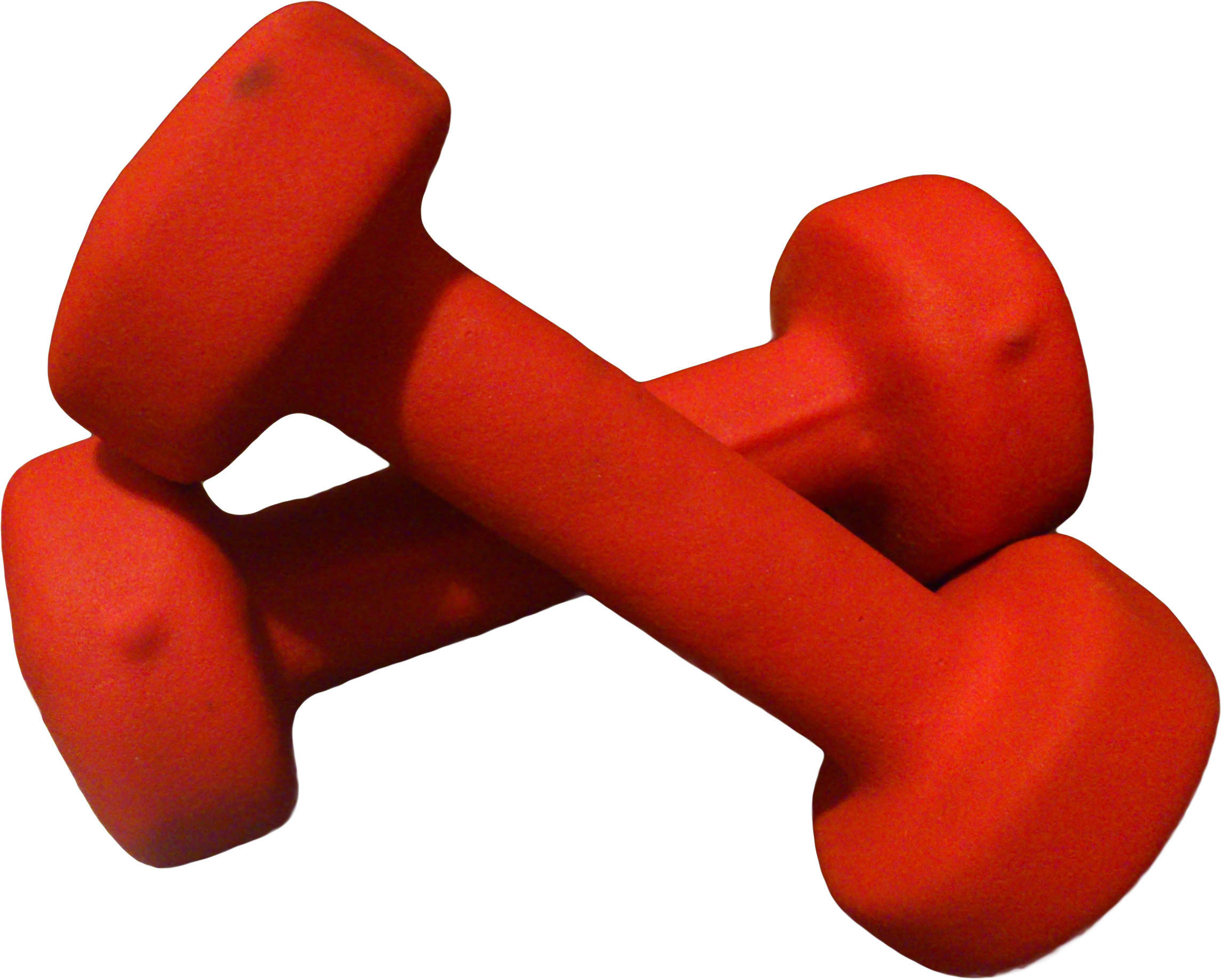This unit covered the digestive system, fuel metabolism, endocrine system, and the lymphatic system. There are six main functions for the digestive system: ingestion, secretion, mixing/propulsion, digestion, absorption, and defecation. The digestion of food begins in the mouth where the tongue and teeth begin the digestion to transform the food into bolus. From the mouth, the bolus moves to the pharynx and down the esophagus to the stomach. After passing through the stomach and becoming chyme, the chyme enters the small intestine, which is separated into the duodenum, jejunum, and ileum. It then heads through the large intestine, which is composed of the ascending colon, transverse colon, and descending colon. It then goes through the rectum and exits the body through anus. The three stages of digestion are the fed state, where food is mostly absorbed; the fasting stage, where all the glucose in the bloodstream is used up; and the starvation stage, where the body solely relies on fat or protein for energy. Diabetes is a condition when the body cannot properly regulate its glucose levels. In type one diabetes, the body is unable to produce its own insulin. In type two diabetes, the body does not respond to insulin properly. The endocrine system is used to help send send signals throughout the body with hormones. The main functions of the lymphatic system are immunity, lipid absorption, and fluid recovery.
This unit went okay for me. These topics were more confusing to me than some of the other ones were in the past. The concept of the GLUT-4 transporters and how they worked. I also found it difficult to understand some of the concepts in fuel metabolism because there are many different ways that the body can get its energy from. However, I did understand the endocrine system well because in AP biology we covered cell to cell communications last semester so that helped me understand the concept a lot faster than I normally would.
During this unit, we did the Digestion System Lab, where we cut string to the approximate size of our own digestive systems. In this lab, I learned how long our digestive system actually was. It was surprising because it was much longer than I was tall and I did not expect it to be that long. We also read an article titled Does Your Metabolism Need an Overhaul? that explained how our muscles are what actually controls the metabolism the most. I found this article interesting because it explained how people can still have diabetes even when they are skinny since they would be doing cardio instead of working out their muscles.
I want to learn more about how our metabolism seems to slow down as we grow older. Adults are not able to eat the same way that they did when they were younger and I am curious to know what factors contribute to the slow down of metabolism.
I have not been doing well on my new years goal at all. I have not been working out everyday since I've been lazy and tired. To fix this I need to motivate myself more into working harder. I also wanted to connect to what we learn to how it relates to me in my everyday life. The digestive system really relates to what I do on a day to day basis because I always eat food. Also, learning that metabolism is directly related to working out your muscles has made me realize that I should also work my muscles out as well.


No comments:
Post a Comment